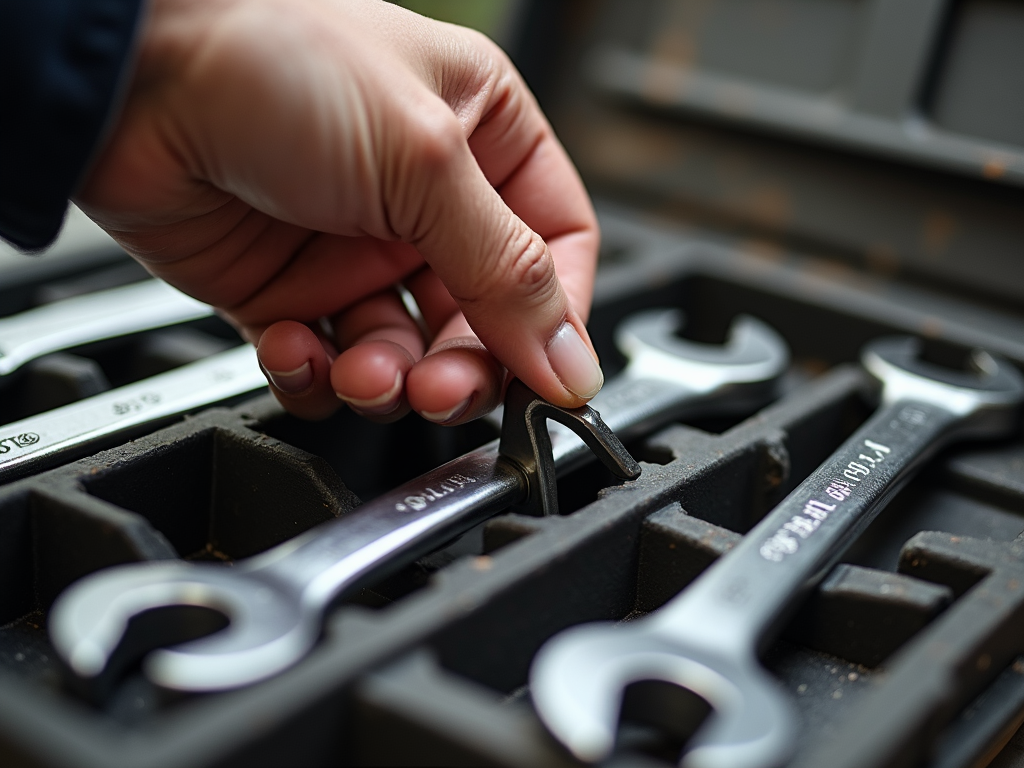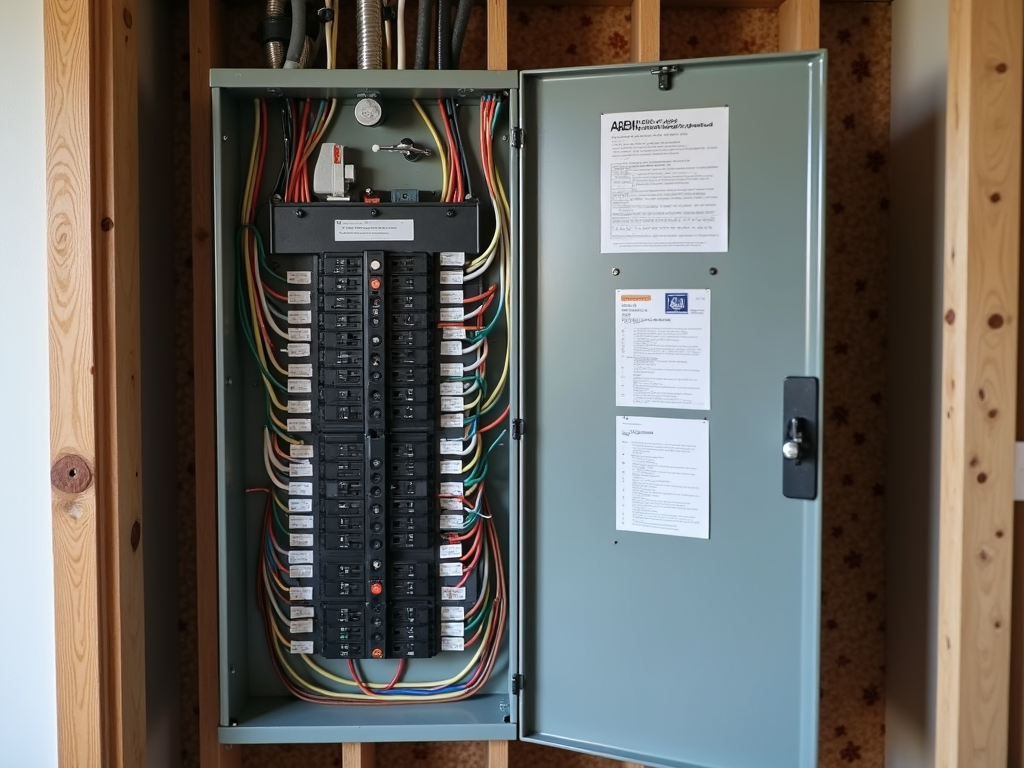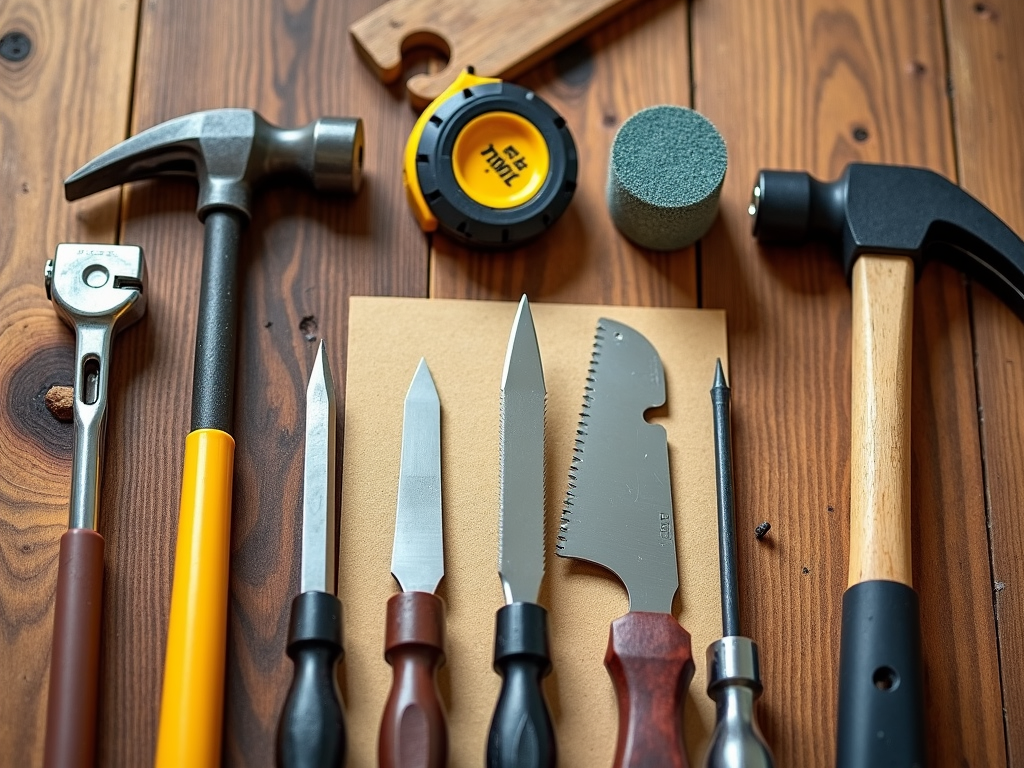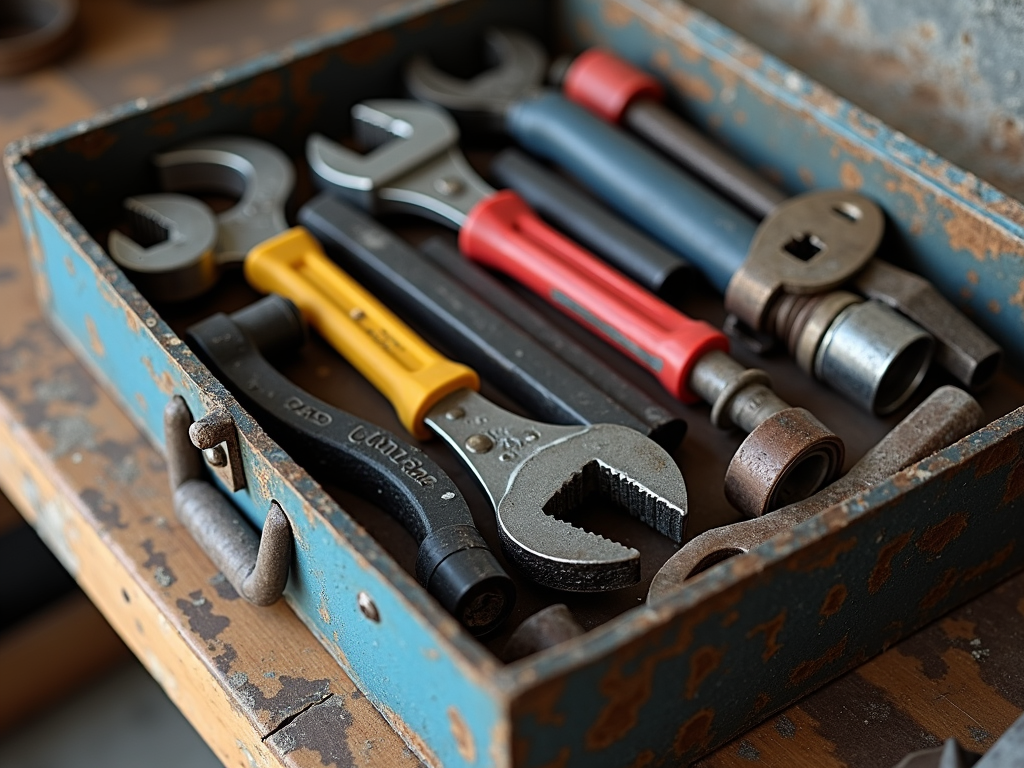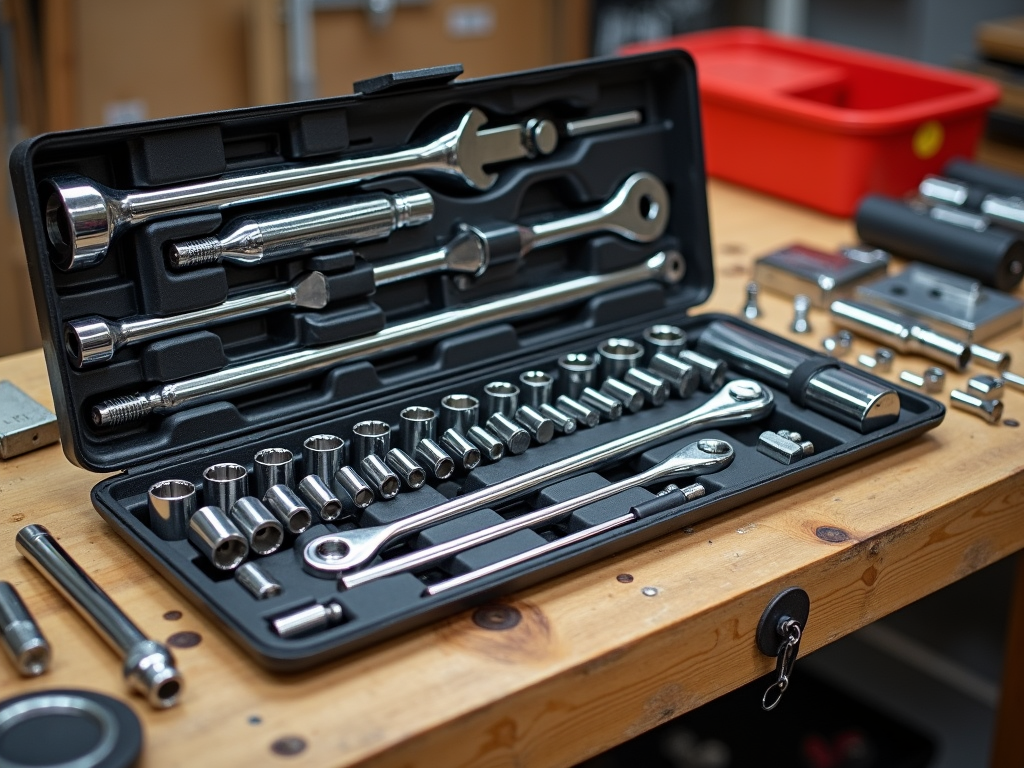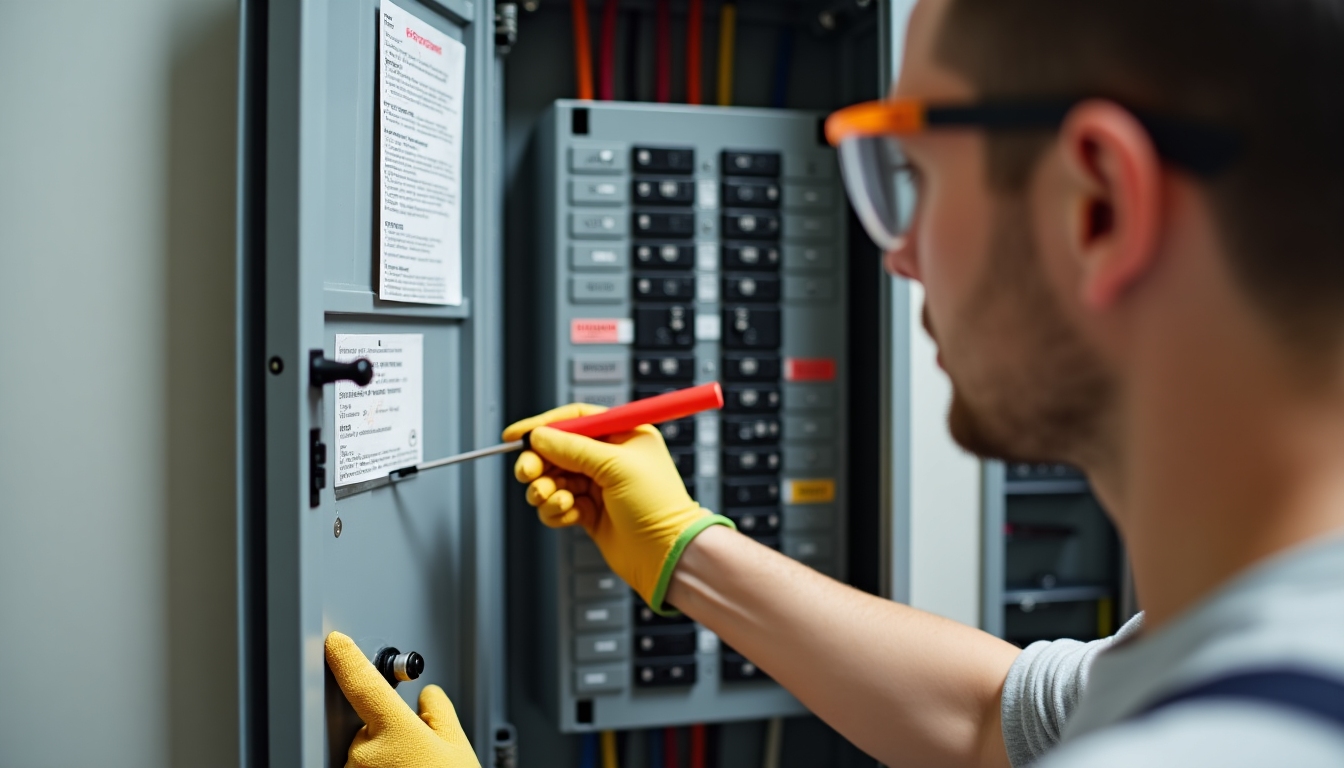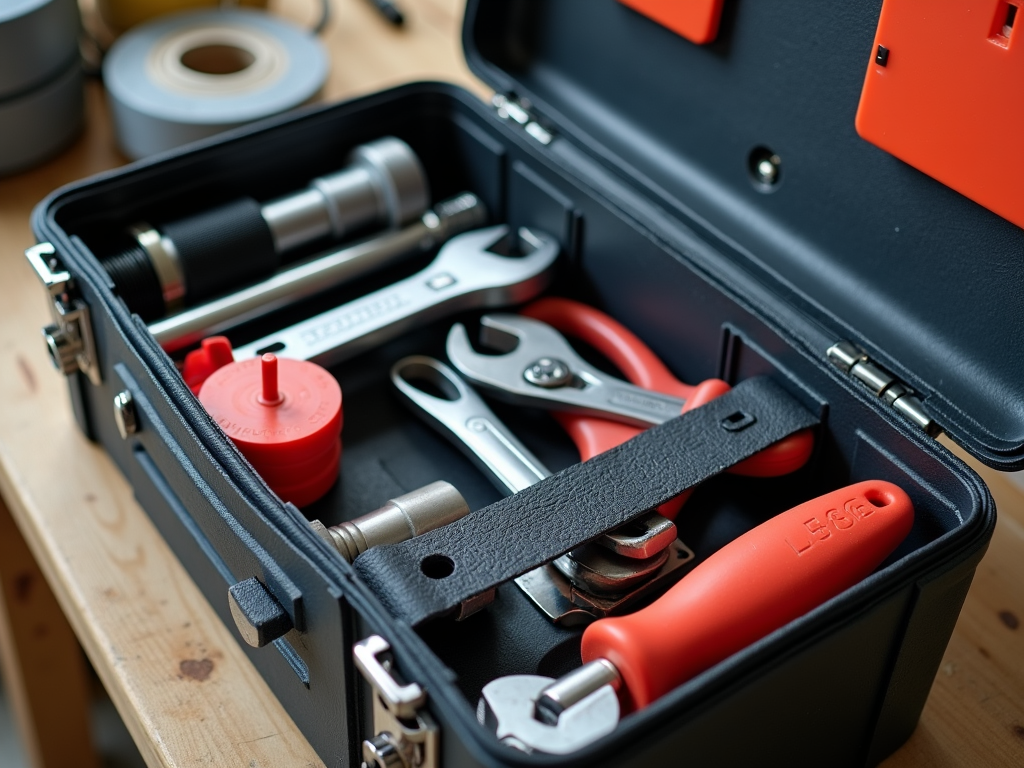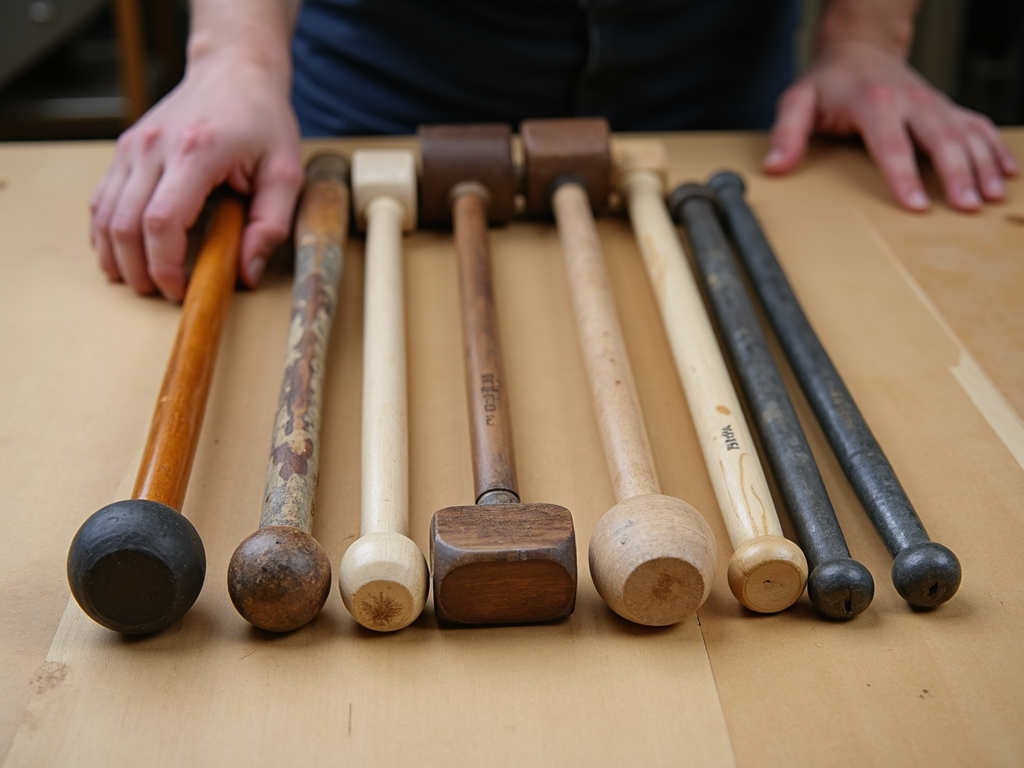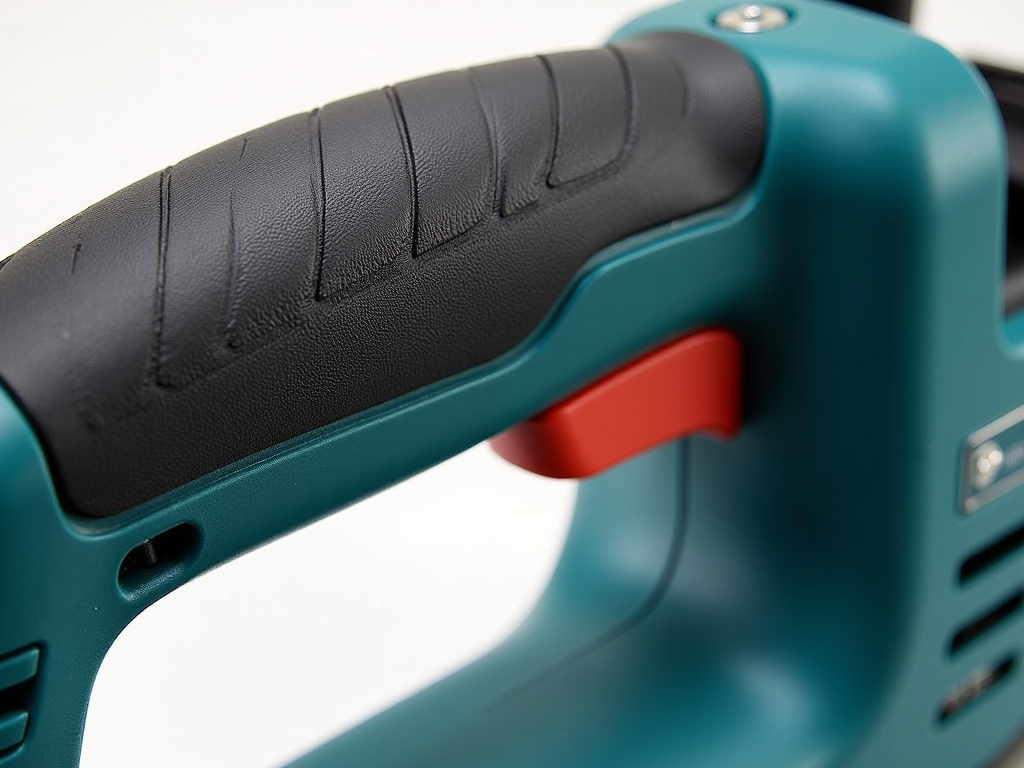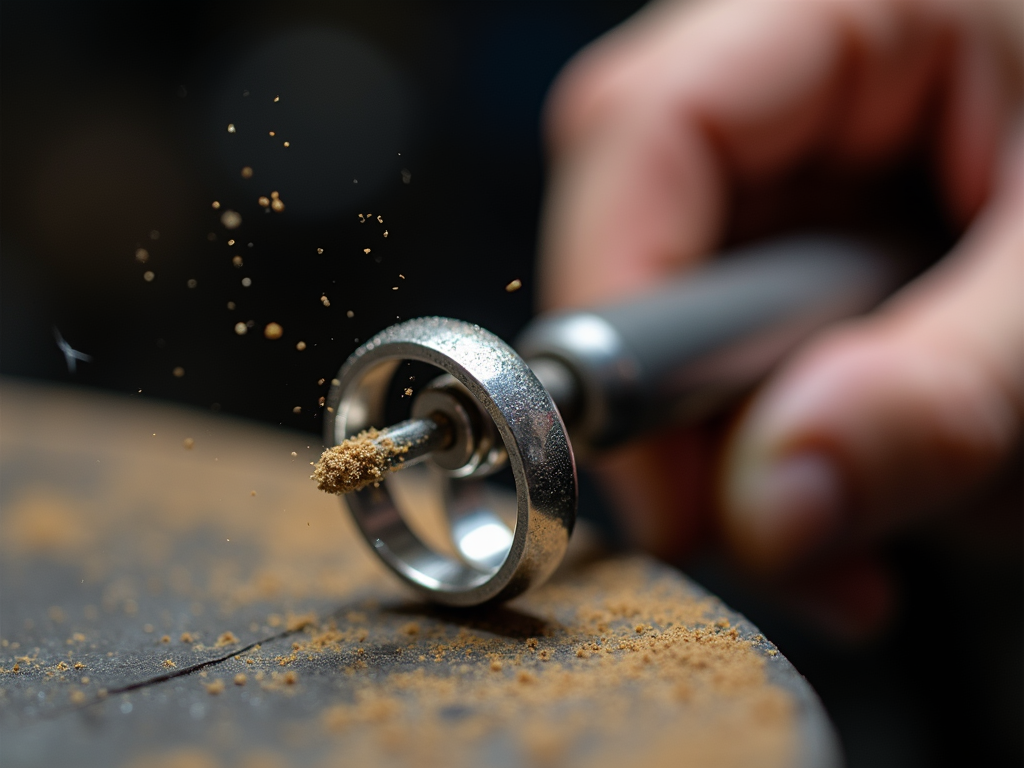When it comes to fixing cars or tackling home projects, tools are your best friends. But not all tools are the same. Automotive tools and manual tools each have their own strengths. Knowing the difference between automotive and manual tools can save you time and headaches. In this article, we’ll explore what sets them apart, share must-have hand tools for mechanics, and help you pick the right ones for your work.
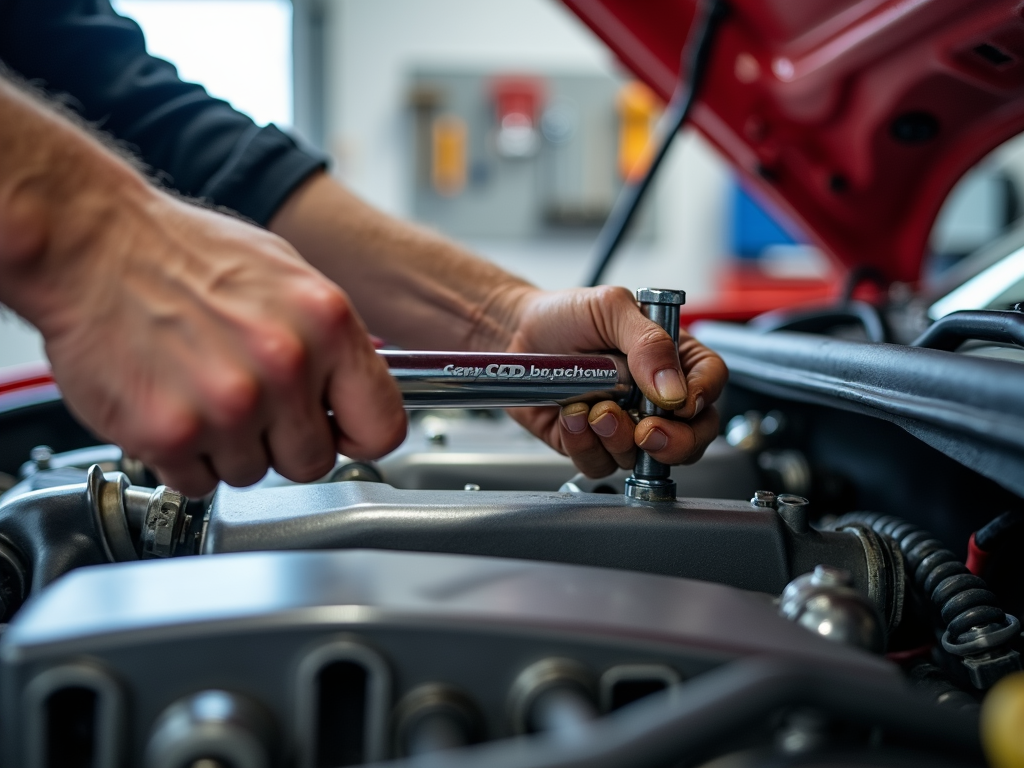
What Are Automotive Tools?
Automotive tools are made just for working on vehicles. They’re built to handle car-specific tasks—like loosening tight bolts or fitting into small engine spaces. These tools match the sizes and shapes you find in cars and trucks, making them perfect for mechanics.
Here are some examples: - Wrenches and sockets: Sized for car bolts and nuts. - Pliers: Great for grabbing small parts in tight spots. - Torque wrenches: Tighten bolts exactly right, no guesswork. - Impact wrenches: Power through stuck bolts fast.
These tools are tough and precise. They’re designed to last through rough jobs and keep your car safe from damage. If you’re working on vehicles, automotive tools are usually the way to go.
What Are Manual Tools?
Manual tools are the all-purpose helpers you’ll find in any toolbox. They’re not just for cars—they work for all kinds of tasks. Think home repairs or building a shelf. While they can help with automotive jobs, they’re not always the best fit.
Some common manual tools are: - Hammers: Good for banging nails or breaking stuff loose. - Screwdrivers: Handy for screws, but not always car-specific. - Drills: Drill holes or drive screws, but can be overkill for cars. - Saws: Cut wood or metal, not much use in a garage.
Manual tools are super flexible. That’s why everyone has them. But for car work, they can sometimes make things harder—or even mess up parts if you’re not careful.
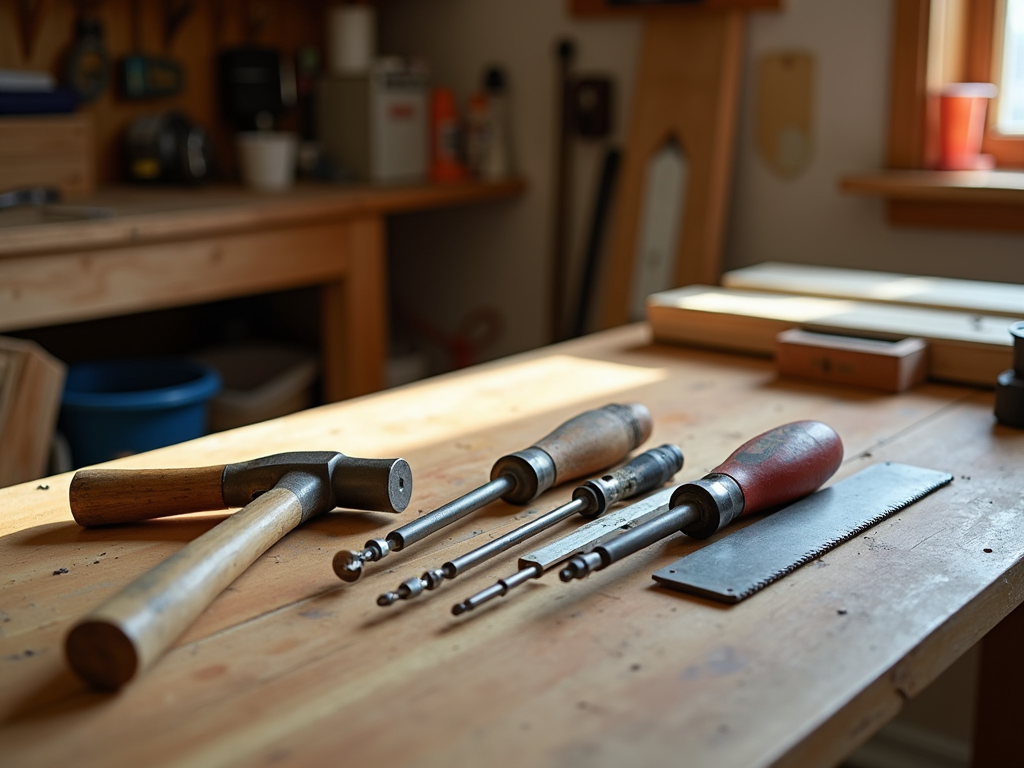
How They’re Different
So, what’s the difference between automotive and manual tools? It comes down to purpose and design. Here’s a quick breakdown:
| Feature | Automotive Tools | Manual Tools |
|---|---|---|
| Purpose | Made for car repairs | For all kinds of jobs |
| Precision | Super accurate for cars | Less exact, more flexible |
| Durability | Tough for heavy car work | Depends, not as specific |
| Ease of Use | Fits car spaces perfectly | May need tweaking for cars |
| Cost | Pricier due to special design | Usually cheaper |
This table shows why picking the right tool matters. For car jobs, automotive tools save effort. For general tasks, manual tools are fine.
Why Mechanics Need Both
If you’re a mechanic, you need both types in your toolbox. Automotive tools handle the car stuff, but manual tools can step in for odd jobs. I learned this the hard way. Once, I couldn’t budge a stuck bolt with a regular wrench. I grabbed a hammer, gave it a few taps, and it loosened right up. That day, I saw how a simple manual tool can team up with automotive ones.
Still, be careful. Manual tools aren’t always precise enough for cars. Using them wrong can damage parts. Stick to automotive tools for the big stuff, and keep manual ones as backups.

Must-Have Hand Tools for Mechanics
Every mechanic needs a solid set of hand tools. These are the basics that get you through most jobs. Here’s my list of must-have hand tools for mechanics:
- Socket Set: Covers all car bolt sizes—metric and standard.
- Wrench Set: Open and box-end wrenches for tight spots.
- Pliers: Needle-nose and locking for small parts.
- Screwdrivers: Flathead and Phillips, with magnetic tips.
- Torque Wrench: Keeps bolts tightened just right.
- Hammer: Ball-peen for tapping metal safely.
- Pry Bar: Pries stuck parts loose with ease.
- Multimeter: Checks electrical problems fast.
- Flashlight: Lights up dark engine corners.
- Safety Gear: Gloves and glasses to stay safe.
Start with these workman tools, and you’re ready for anything. They’re simple, but they get the job done.
When to Use Each
Choosing between automotive and manual tools depends on the task. Here’s when to grab each:
- Automotive Tools:
- Precision jobs, like tightening bolts to spec.
- Tight spaces where regular tools won’t fit.
-
Car-specific tasks, like spark plug removal.
-
Manual Tools:
- Basic stuff, like opening panels.
- Non-car projects, like fixing a chair.
- Extra force, like tapping a stuck part loose.
Sometimes, you’ll mix and match. Just know what each tool can handle so you don’t break anything.
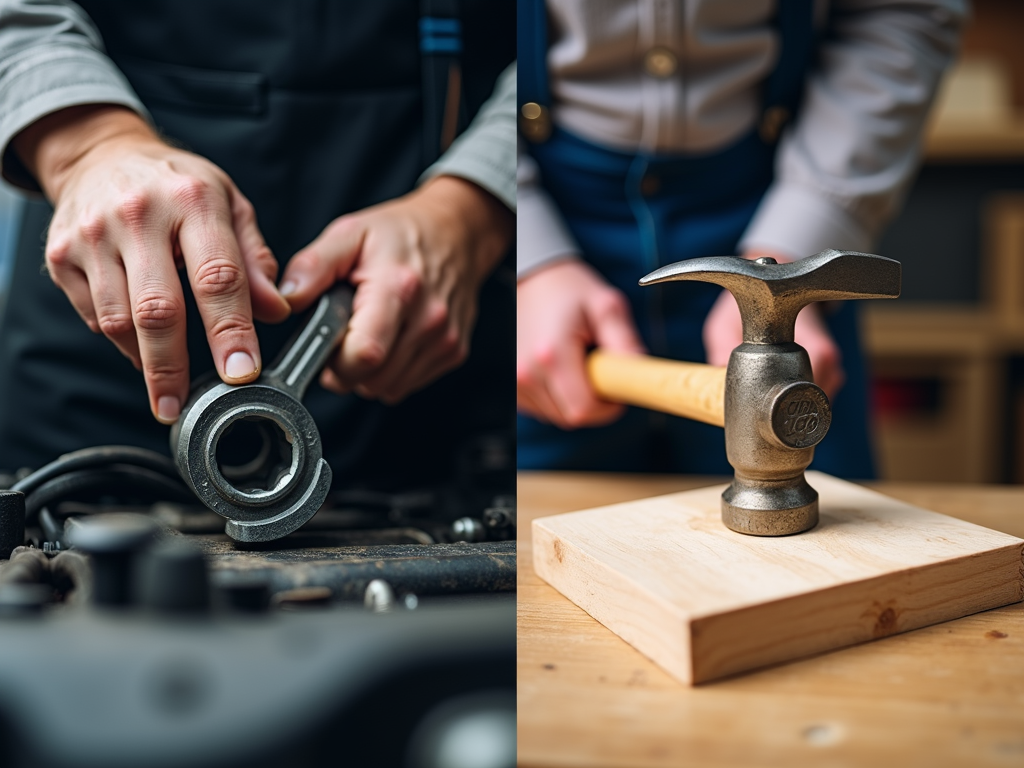
Real Talk: My Experience
When I started fixing cars, I didn’t get the tool difference. I once used a regular screwdriver on a car panel. The screw stripped, and I spent hours fixing my mistake. If I’d used an automotive-grade screwdriver, it would’ve been quick. That taught me: the right tool isn’t just faster—it’s smarter.
Now, I keep both types ready. My torque wrench is my go-to for engines, but I’ve got a hammer handy for stubborn bits. It’s all about balance.
Tips for Picking Tools
Building your toolbox? Here’s some advice: - Quality Matters: Cheap tools break fast. Spend a little more for ones that last. - Start Small: Get the must-haves first, then add as you go. - Test Them Out: Hold a tool before buying. It should feel good in your hand. - Store Smart: Keep hand tools organized so you can find them quick.
Good tools make work fun, not frustrating. Trust me—I’ve been there.
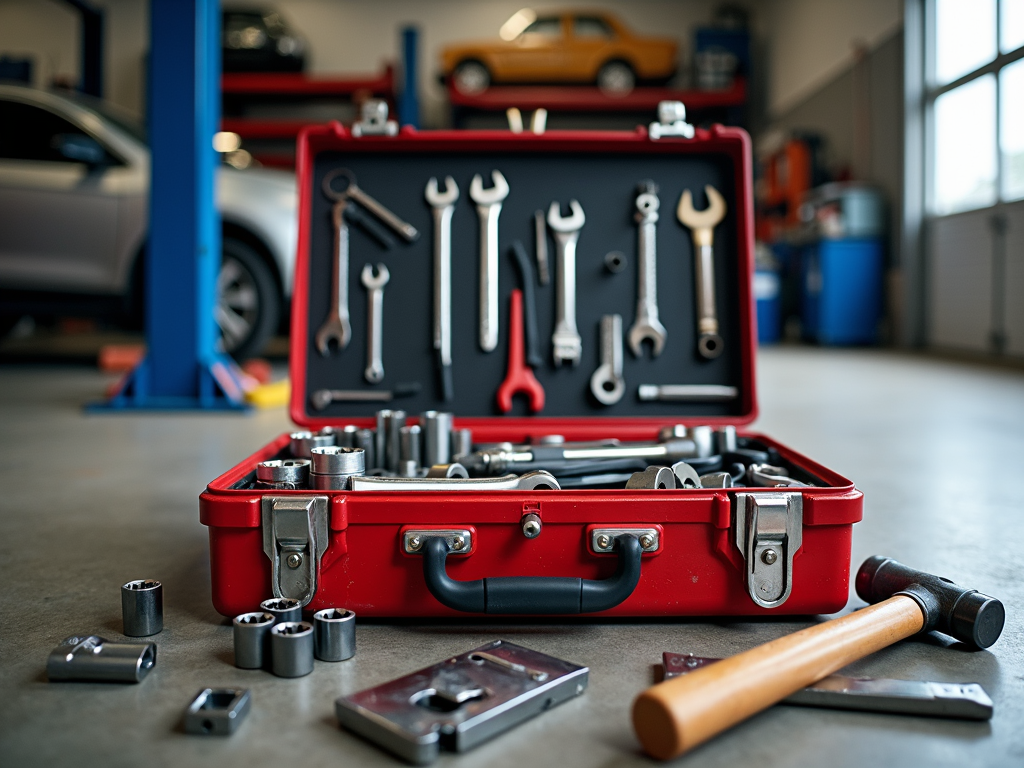
Wrapping Up
The difference between automotive and manual tools boils down to this: automotive tools are car experts, while manual tools are jacks-of-all-trades. Mechanics need both to get the job done right. With the right must-have hand tools for mechanics, you’ll work faster and smarter. Invest in quality, know your tools, and you’re set for any project.
Pick up these essentials, and you’ll wonder how you ever got by without them.
Related The Difference Between Automotive and Manual Tools:
- Choosing the Right Wrench for Your Projects: A Comprehensive Guide
- A Simple Guide to Your Home’s Electrical Setup
- Beginner’s Guide to Woodworking: Essential Tools, Safety Tips, and Simple Projects
- Essential Workman Tools for Plumbing Projects: A Comprehensive Guide
- How to Choose the Right Socket Set
- Picking the Best Electrical Tools for Home Projects
- Choosing the Right Tools for Your Plumbing Needs: A Comprehensive Guide
- How to Clean and Maintain Your Workman Tools
- Mastering the Mallet: A Guide to Perfect Hammering Techniques
- Ergonomic Workman Tools for Comfort: Enhancing Your Workday with Electrical Tools
- Essential Workman Tools for Beginners: A Comprehensive Guide
- Guide to Jewelry Making Tools: Everything You Need to Know
